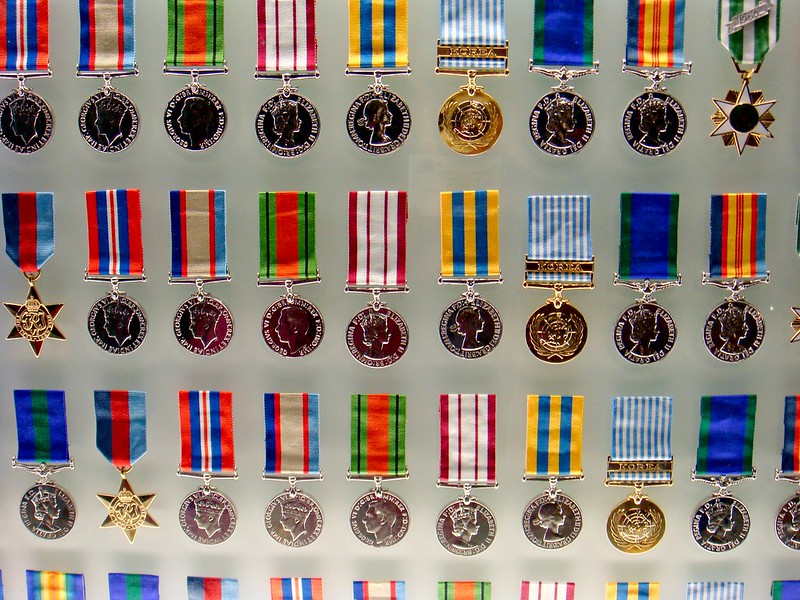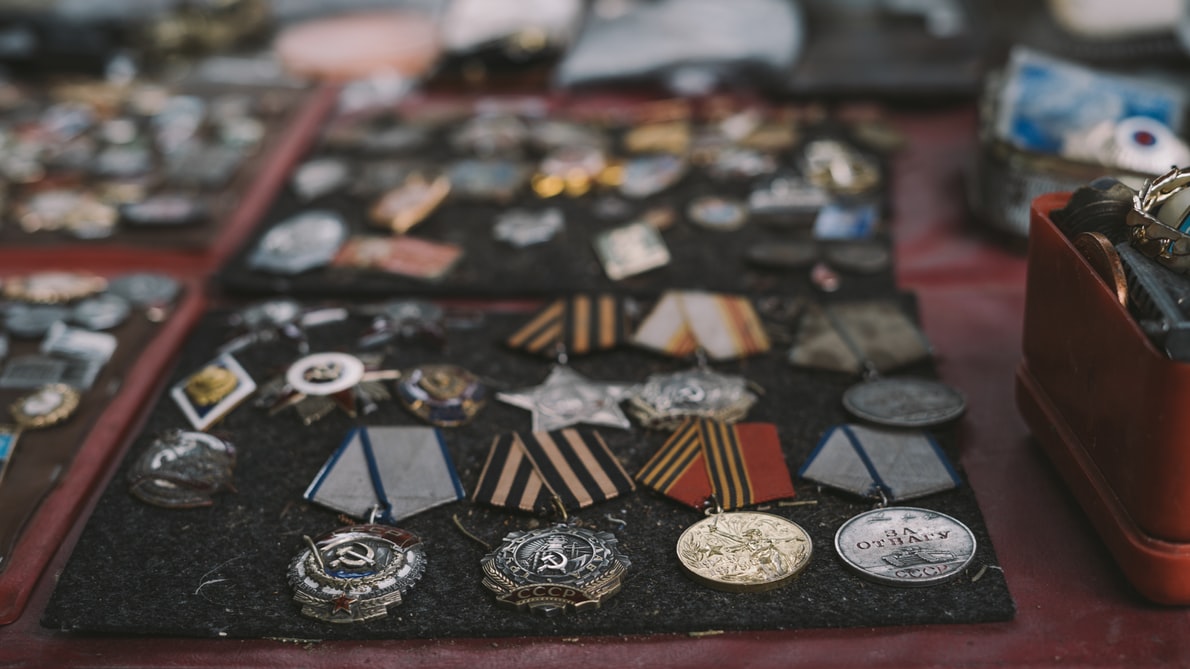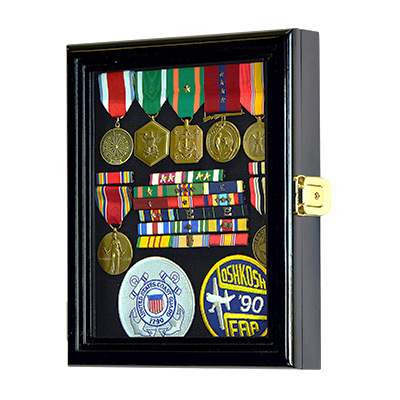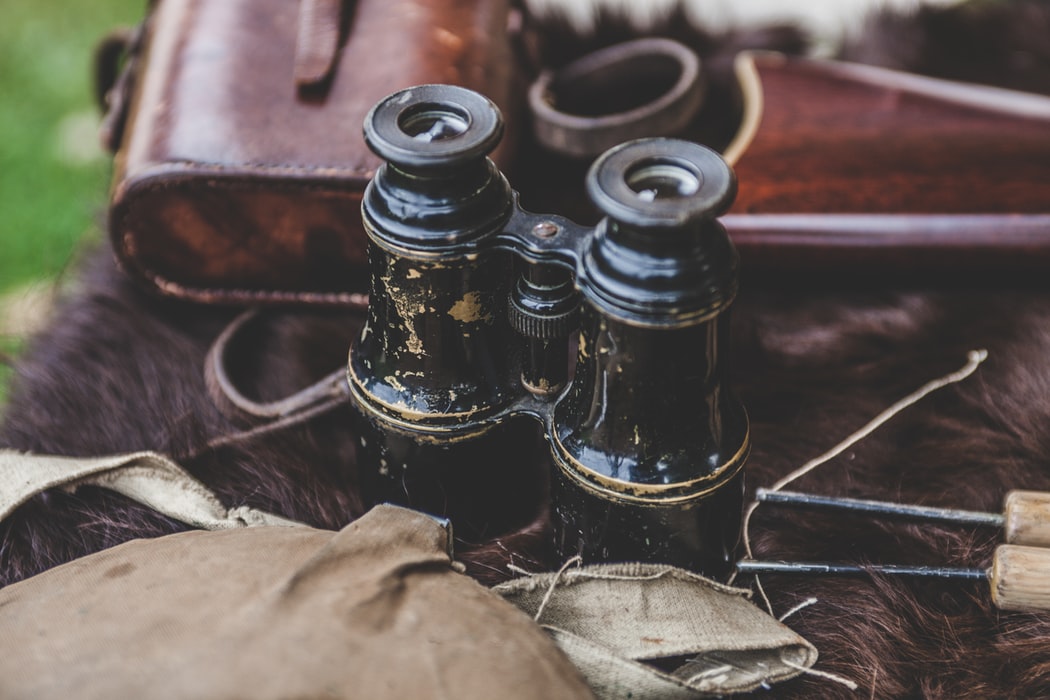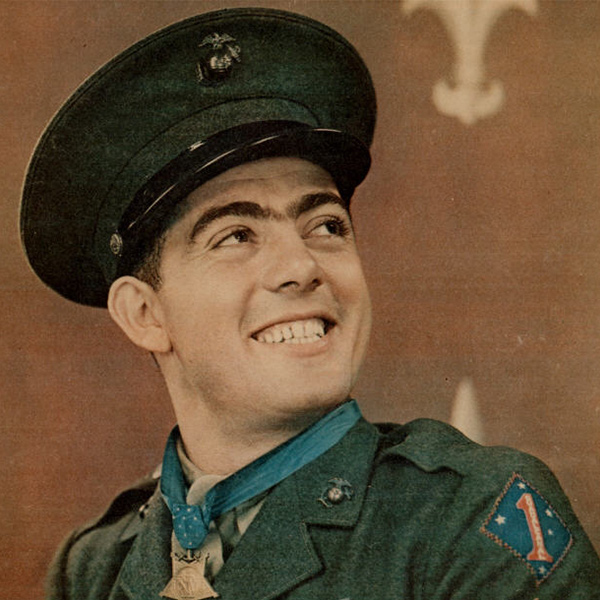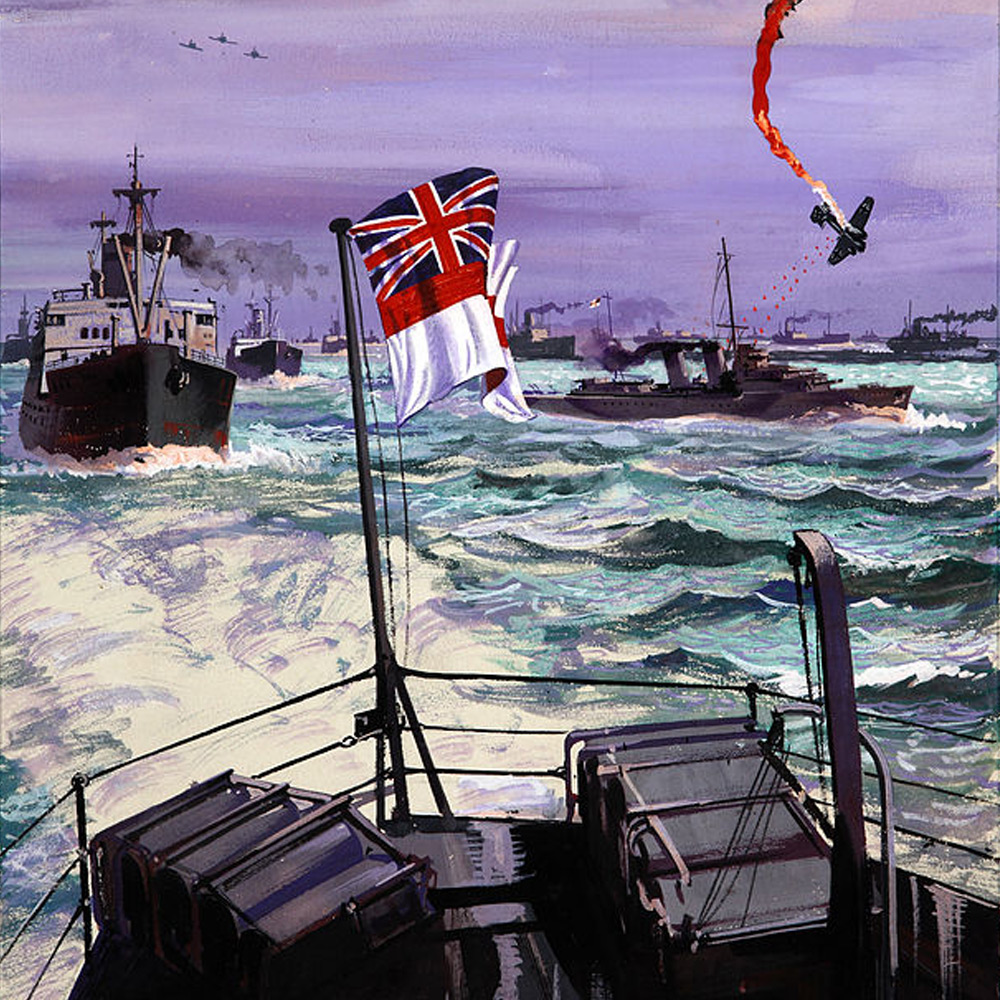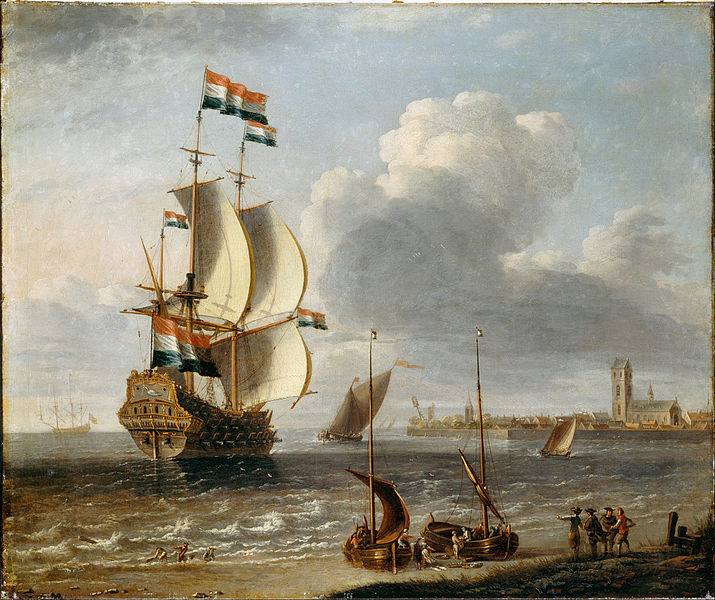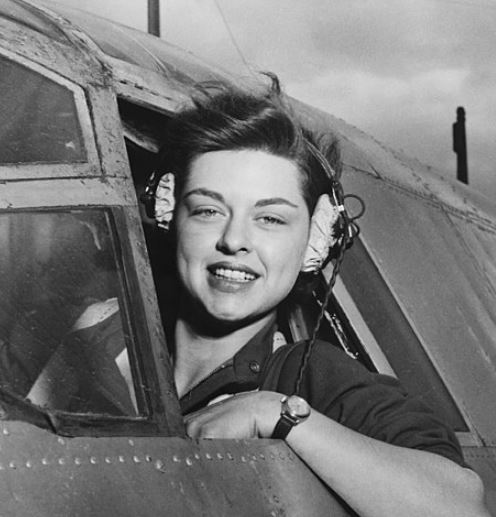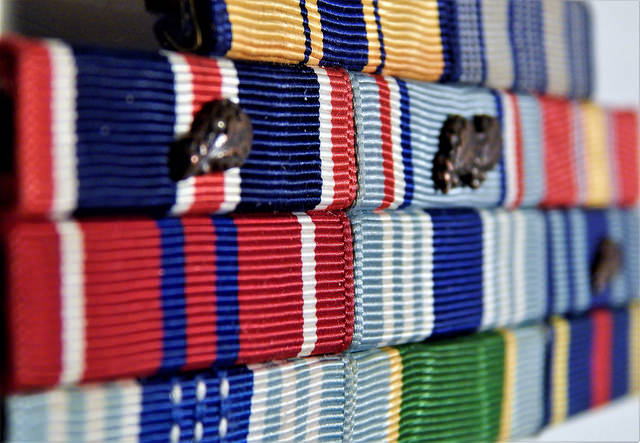If you’ve been reading the articles on Identify Medals, there’s a good chance that you fit into one of two categories: 1) you are a medal collector, or 2) you are interested in becoming one. If you are the latter, this article will give you a broad overview of how to start collecting medals so that it can be a rewarding and enjoyable hobby!
1. Figure Out Your Approach
The first step in starting to collecting medals is to decide what your approach is. Rather than haphazardly collecting medals, you probably want to consider the types of medals you’d like to find. This will help you hone your focus.
Coin World suggests that you can adopt one of four approaches to collecting medals:
- Build a Set
- Collect an Artist
- Focus on an Individual Subject
- Profile an Event
I would posit that for military medals, it would be easiest to adopt the first or fourth approaches to collecting medals.
As an example of the first approach, you could put together a set of medals from a specific war or country. If you want to start small, putting together a set of Civil War medals is a great start because if you remember from a previous article, it only takes 2 medals to have a complete set!
By contrast, you might not want to start with putting together a set of USSR or Third Reich medals because you’ll have a lot more to collect! However, if you want this to be a lifetime activity, maybe you’d want to start with a larger collection.
For the fourth approach, you could focus on a specific battle of a war or a specific region. For example, maybe you’d want to collect all the medals and decorations that were awarded in northern France during World War I.
While the second approach is likely less conducive for military medals—unless you happen to really like the style of a certain artist, you could focus on collecting all the medals of a particular military hero like Erwin Rommel, for example.
I personally believe that this could be the most rewarding way to approach collecting medals. If you couple campaign medals with an individual award, you will be putting together a service member’s individual story, making it a historically significant group of medals that any collector would prize.
Plus, you could consider getting involved with your local museum and putting together a small exhibit about that service member and loaning your medals to the museum temporarily. This could be a great way to find a lot of meaning in your collecting. I personally would love this option because it tells a story and who doesn’t like stories?
2. Read Up on Your Event/Individual/War
Once you’ve figured out how you’re going to approach medal collecting, I’d encourage you to read up on your event/individual/war. This probably seems like an interesting suggestion, as it seemingly has nothing to do with medals. However, by reading up and visiting museums that pertain to your event/individual/war, you’ll have a better idea of what medals to look for.
As an example, I’m a huge history buff with a particular interest in World War II, and if I ever get into medal collecting (I have one right now!), I would definitely collect medals from World War II. But there are so many, and I’m constantly learning about more.
For example, I visited the Airborne Museum in Fayetteville, North Carolina recently, and I learned about seven new medals that I had never heard of before. Staying informed about your event/individual/war will not only give you more ideas of medals to find but also will make the process less mechanical and more enjoyable.
3. Take Advantage of Different Sources to Find Medals
With the age of the internet, you have so many options available to you for finding medals. You can buy medals online from various auction houses, eBay, or even links on our website here at Identify Medals.
Obviously, though, the important part is to make sure that you use reputable dealers to avoid fake medals. You can browse the Medal News magazine as well as the annual Medal Yearbook to get an idea of what medals are available and what price you should be prepared to pay.
Dan Wade from JustCollecting, a trading website, encourages medal collectors to ask about the back story, how the seller got the medal, and look at the medal in person (if possible!).
If you’re willing to spend a bit more time searching, you can always try garage/yard sales, antique fairs, flea markets, thrift stores, and medal collectors fairs. If you go to any of these, it’s going to be a bit more like finding a diamond in the rough, and you may not find anything if you go looking for a specific medal.
However, if you’re open to seeing what’s out there and don’t have a specific medal in your mind, places like antique fairs and flea markets can be great options because they are likely going to be quite a bit cheaper.
As a side note, make sure that you pay the right price. Know what factors contribute to the difference in medal pricing. The battle in which the medal was awarded, the type of medal, the grade of the medal, and the condition of the medal all impact a medal’s price.
If a medal is in excellent condition, but the ribbon isn’t, you can always get a replacement ribbon. But remember to keep the original in case you ever want to sell the medal or for posterity’s sake.
Learn More About Your Newly Found Hobby
In addition to staying up-to-date about the focus of your medals, you should learn more about your newly found hobby. This will not only help ensure that you purchase genuine and not fake medals but also it will give you a greater appreciation for medals as a whole.
You could consider joining a medals society. For Americans, the Orders & Medals Society of America is the logical choice. Brits might look into the Birmingham Medal Society or the Orders, Medals, and Research Society.
You might also look into what books and articles you can read about medal collecting. One example includes Colin Narbeth’s book, Collecting Military Medals: A Beginner’s Guide. Also, don’t overlook a quick Google search about tips for medal collecting. The internet is replete with resources available to you, so be sure to use them.
You can even look up fun activities online like designing your own medal or taking this military medal quiz. Don’t forget to enjoy yourself even as you immerse yourself in the seriousness of prices and searching.
Conclusion
In the end, have fun! What makes military medals especially unique is that they tell the story of so many brave men and women who have been willing to sacrifice their lives for our freedom. And that’s something that’s worth memorializing.
Sources:
- http://www.rogersstudy.co.uk/medals/tips.html
- https://www.coinworld.com/news/world-coins/2016/11/starting-a-medal-collection-daunting-numismatic-area.all.html
- https://www.warhistoryonline.com/articles/top-5-tips-for-collecting-war-medals.html
- https://www.omsa.org
- https://www.thisismoney.co.uk/money/diyinvesting/article-4437408/How-invest-medal-collection.html
Guest Contributor: Rachel Basinger is a former history teacher turned freelance writer and editor. She loves studying military history, especially the World Wars, and of course military medals. She has authored three history books for young adults and transcribed interviews of World War II veterans. In her free time, Rachel is a voracious reader and is a runner who completed her first half marathon in May 2019.

